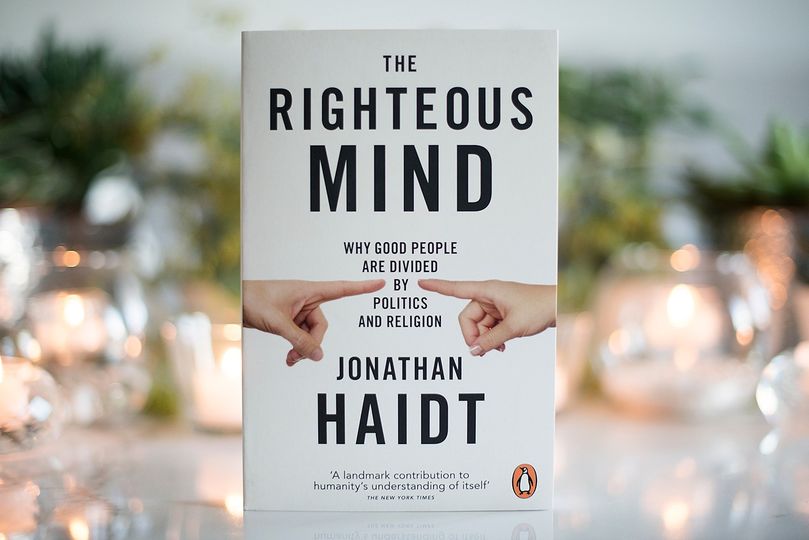7 powerful lessons from the book "The Righteous Mind"
1. Moral Tribes: Understanding Our Shared Humanity: We tend to divide into moral groups, with each group believing its values are superior. Recognizing these "tribes" and their underlying values is crucial for understanding political and religious divides.
2. Intuition vs. Reason: The Elephant and the Rider: Our moral judgments often come from quick, intuitive emotions (the Elephant), while reason (the Rider) tries to steer us towards logical analysis. Understanding this dynamic can help us navigate disagreements and find common ground.
3. The Six Moral Roots: Universal Values with Nuances: Haidt identifies six core moral values – care/harm, fairness/cheating, loyalty/betrayal, authority/subversion, purity/pollution, and liberty/oppression – that influence our judgments across cultures. Recognizing these diverse values can foster empathy and understanding.
4. Blind Spots: Each Side Has Them: We all have biases and blind spots that shape our moral judgments. The book encourages acknowledging our own biases and being open to learning from others with different perspectives.
5. The Importance of Storytelling: Moral narratives and shared stories play a powerful role in shaping our values and beliefs. Understanding how different groups use storytelling can bridge divides and foster connection.
6. Finding Common Ground: Beyond Right vs. Wrong: While disagreements exist, focusing solely on "right" and "wrong" often hinders progress. Instead, the book encourages finding common ground by appealing to shared values and respecting diverse perspectives.
7. Cultivating Empathy and Understanding: Building bridges across moral divides requires empathy and understanding. Haidt emphasizes the importance of listening to and learning from those with different views, even if we disagree.




